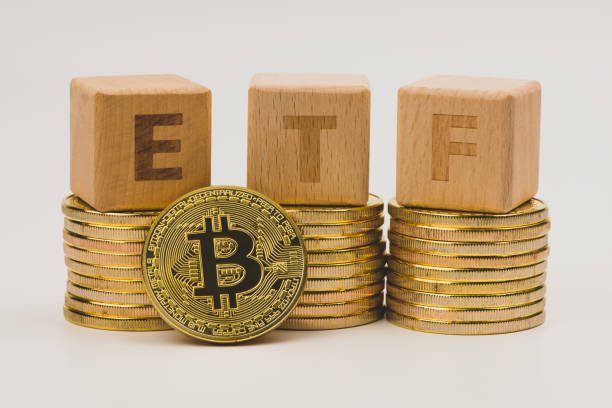Is Bitcoin Legal
Is Bitcoin Legal? A Look at BTC Regulatory Environment
Bitcoin launched in 2009, introducing the new concept of decentralized finance to the world. From the onset, the legality of bitcoin was going to be a subject of debate and controversy. How does a government handle a decentralized digital currency that is inherently designed to be censor-resistant and not controlled by any central authority? While regulators globally are still debating on how to control bitcoin, many consumers are left wondering whether they can use bitcoin legally.
When it comes to money, no one wants to be on the wrong side, not even ignorantly. Is Bitcoin legal?
The first political form of money
Bitcoin is the first form of money in history to be borderless and impossible to control and regulate by any government. As a global peer-to-peer currency, anyone can use bitcoin anywhere, and at any time, making it the most inclusive form of money ever.
The nature of bitcoin makes it a serious headache to governments and regulators who have never encountered such an asset before.
There are multiple layers to bitcoin that go past the traditional investments such as mining and trading. Each activity would require its own regulations. Therefore, many governments struggle to capture all parts of the industry under regulations.
Additionally, there is globalization and freedom of movement that comes to play when dealing with bitcoin, which regulators must also take into account. Citizens of a country can hold and earn Bitcoin anywhere across the world. How do regulators handle that?
These are some of the reasons regulations are taking time to take shape in the Bitcoin industry. Is Bitcoin Legal?
There is no single answer to this question. It all depends on where a person lives. New investors should check with their local regulators or legal advisors to determine whether the use of Bitcoin they intend is lawful locally.
Different governments have taken different stands on how they treat the use of bitcoin. Some governments have outright banned bitcoin. Other governments have not legally banned cryptocurrency but urge their citizens not to invest in it as they consider it unsafe. On the other hand, other countries remain crypto-friendly. Some of these countries are experimenting with the use of cryptocurrency and striving to develop regulatory frameworks to guide the use of bitcoin.
The challenge with banning bitcoin from a geographical region is that such regulations are difficult to enforce. No government can stop people from trading bitcoin on a decentralized exchange, or holding their coins in a digital wallet. The decentralized nature of bitcoin makes it global and enables its users to surpass local regulations.
Is Bitcoin a Legal Tender?
Bitcoin may be freely used in many countries, but that does not mean that it is accepted as legal tender by these countries. Currently, no country has taken the step of making bitcoin a national currency.
However, this situation does not mean that people cannot use Bitcoin to make payments, or as a store of value. The use of bitcoin in such a manner is completely discretional.
Other Legal and Regulatory Issues
Bitcoin taxation is another issue that troubles most governments. Developing an effective and consistent standard for taxing bitcoin revenues is difficult since crypto has many types of revenue. Should the government tax an airdrop separately from investment gain from cryptocurrency? And, how does the government treat revenues from mining? These are some of the hard questions that most governments have not found answers to.
Despite these hurdles, many countries are already proposing have already proposed their BItcoin taxation laws. However, these tax laws may not be comprehensive enough to cover all aspects of revenue sources in the Bitcoin space.
Another issue that has affected the developments in bitcoin regulations is its illegal use, especially in its early stages of existence. The perceived anonymity of bitcoin attracted many illegal users. For instance, drug traffickers used bitcoin to avoid tracking their deals. An example is the Silk Road market, which was a section of the dark web where users could buy illicit drugs. All transactions on this market used bitcoin. The FBI managed to shut down the market in 2013. Such a bad reputation may have partly informed the skepticism of some regulators.
Conclusion
Bitcoin regulations are still evolving globally. Various regulators are trying to grasp all aspects of bitcoin operations and develop comprehensive regulatory policies. The legislative landscape of bitcoin is likely to mature as governments continue to understand and define bitcoin in a more clear fashion fit for regulation. These could be an asset, currency, legal tender, and/or payment method. Meanwhile, the answer to the question of whether bitcoin is legal or not depends on the jurisdiction one is dealing with.




